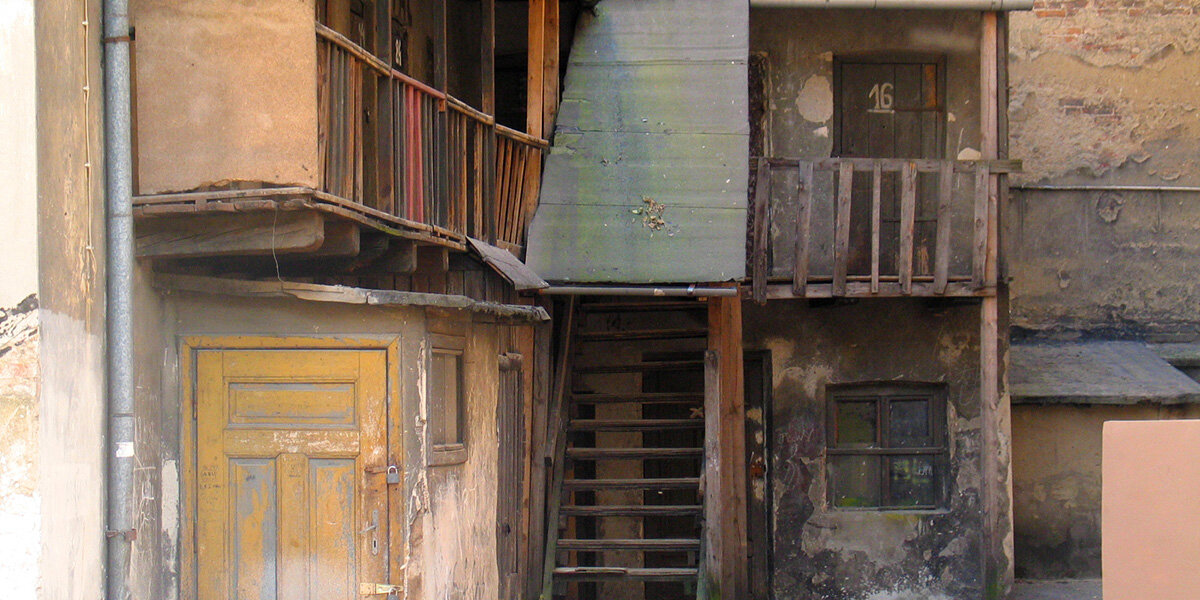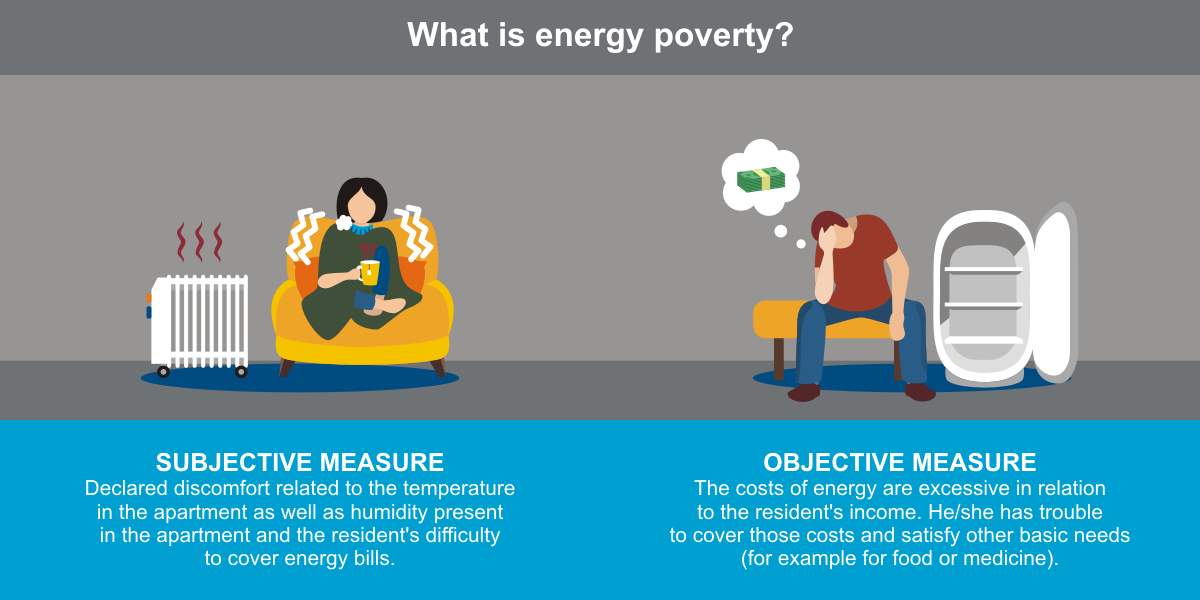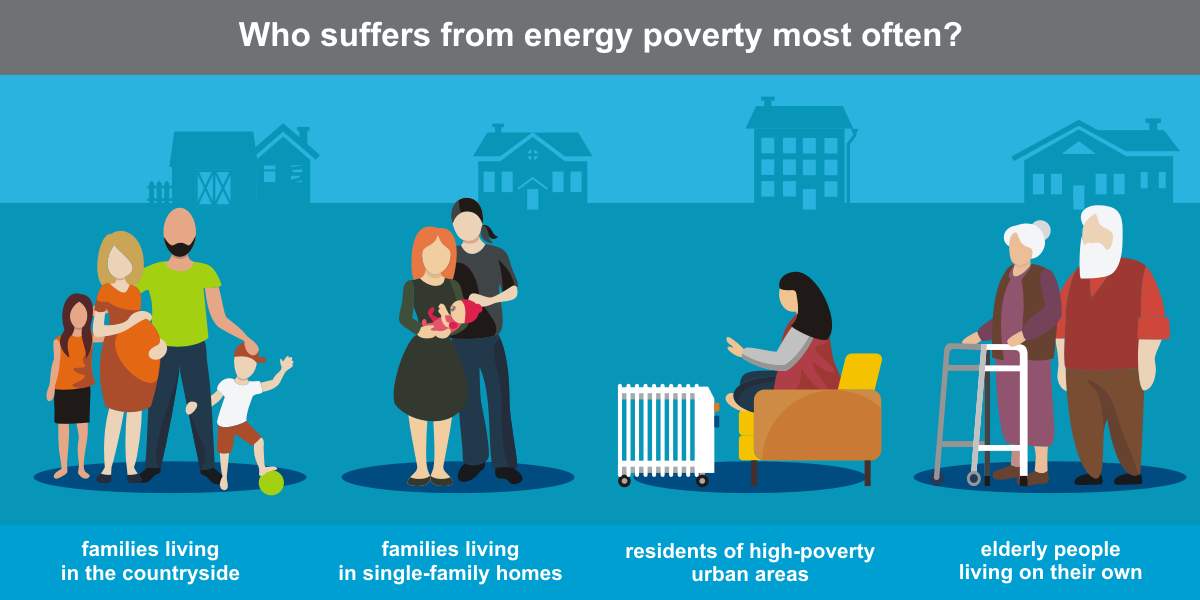

ENERGY POVERTY is a condition in which one experiences difficulties in meeting their basic energy and heating needs at their place of living.
Even those relatively well-off can live in energy poverty, if they spend more than 10% of their income on energy or live in underheated housing. Depending on the definition, energy poverty concerns even 34% of inhabitants of Poland.

There are many reasons for this phenomena and can root from multiple factors.
In Poland, due to the widespread housing substandard, infrastructural problems – meaning the lack of or insufficient thermal insulation of buildings, old and inefficient heating sources have a significant impact on the prevalence of energy poverty. The insufficient thermal insulation or its complete absence results in major heat losses and as a result it dramatically elevates the bills. Even up to 70% of single-family houses in Poland completely lacks any thermal insulation.
Additionally, this issue deepens the problem of air pollution in cities and villages. People living in energy poverty often use the worst quality fuels for heating, sometimes even resorting to burning rubbish. This causes increased levels of low emissions, coming mainly from single-family heating systems, but also individual heating stoves often used by the so-called poverty enclaves within cities. By combating energy poverty we also combat social exclusion and air pollution.
Energy poverty is also often a direct effect or an element of income poverty. Inhabitants of low-income households cannot afford to heat their homes, as they simply lack the means to do so.
This phenomena can result in living in a permanent debt, as the poor often cannot cover their energy expenses on day-to-day basis, which results in late payments, energy disconnections and many social and health issues, which are difficult to estimate. All this has an impact on the ability to find an employment for adults and educational results of children.

